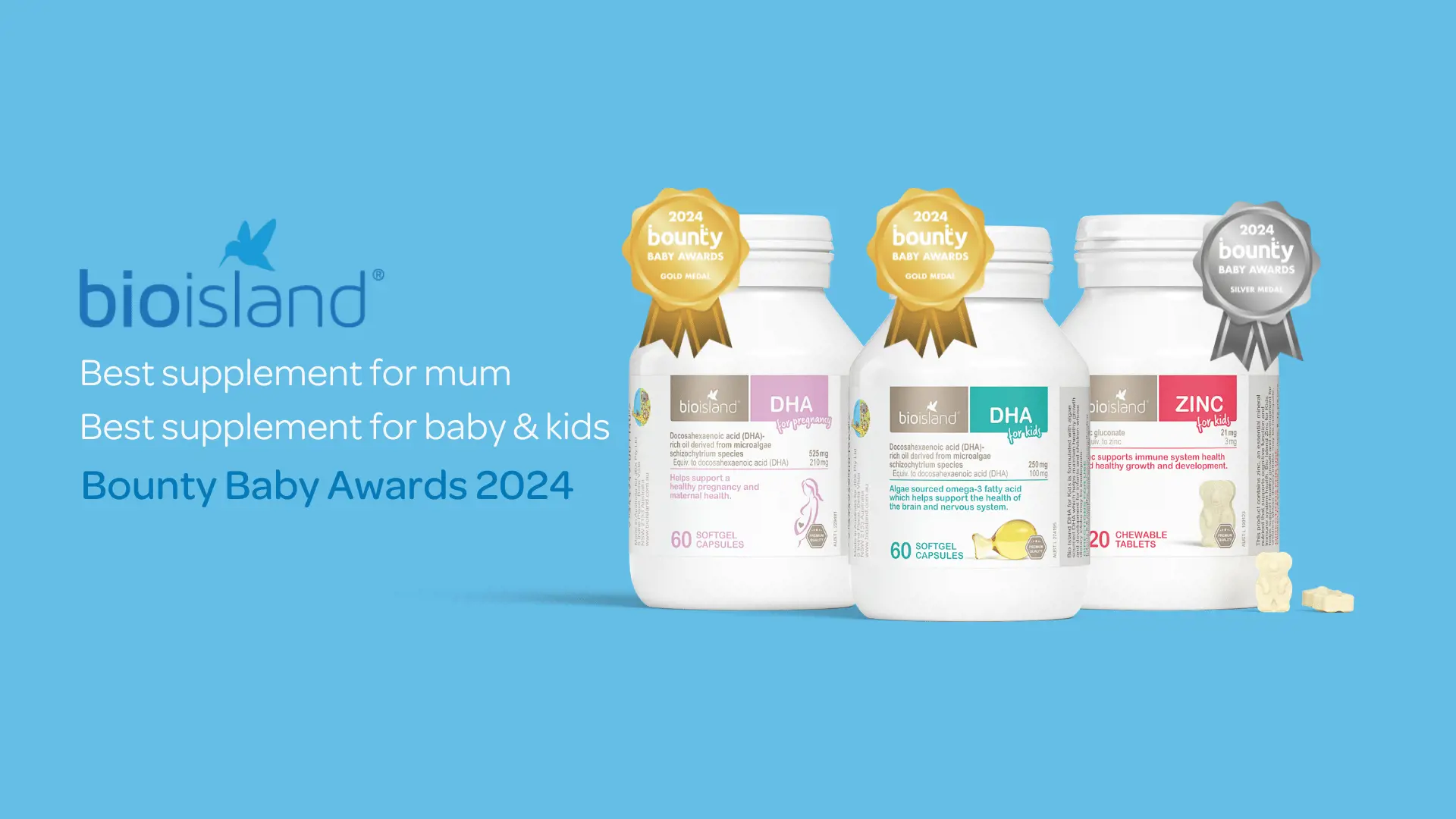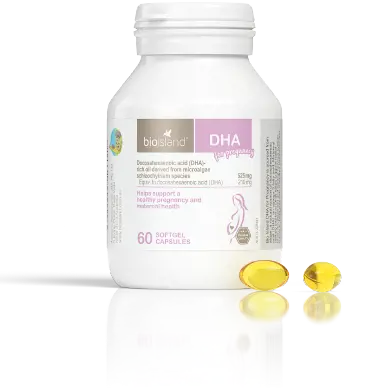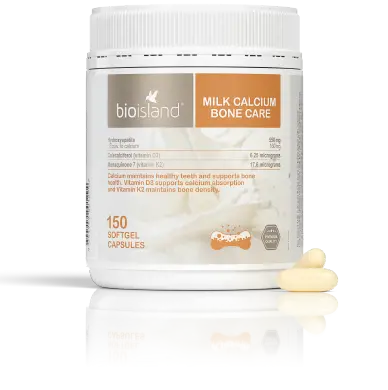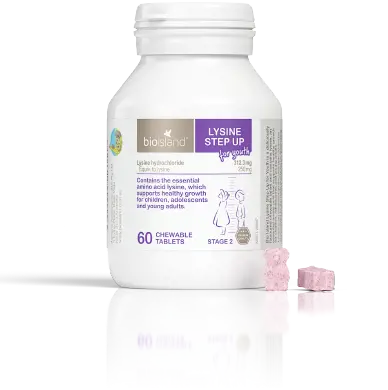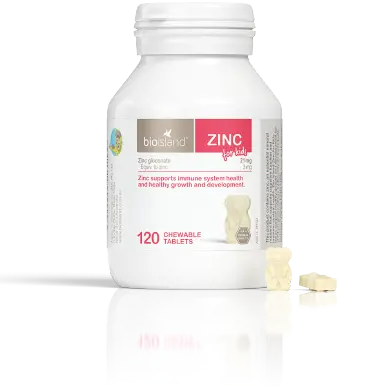
Quick tips for good gut health
Gut health can impact our ability to increase energy from food, increase nutrient harvest and alter appetite signalling. Here are our quick tips to help look after gut.
Health Support
By Bio Island Nutrition Team
Our gut can be influenced by many factors. This can be anything from diet, exercise, stress, age, medication, illness, environment and early life exposures. So, knowing how to look after our gut is super important. Especially if you experience any digestive upset such as abdominal pain, bloating or altered bowel habits as this is usually caused by a dysbiosis in your microbiota.
Our microbiota plays a number of roles in our bodies. Including the ability to increase energy from food, increase nutrient harvest, alter appetite signalling, it is also essential for the development of the intestinal mucosa, immune system and it also competes with bad bacteria that may enter the body which is also known as dysbiosis. Dysbiosis is a term used to describe an imbalance in the body’s microbiome, most commonly within the digestive tract where it has been associated with illness.
The following tips are some quick and easy ways to improve your digestion:
Removal Alcohol – Alcohol consumption has harmful effects on gut bacteria, as it is known to affect the guts motility, acids secretion and causes dysbiosis. Removal of alcohol is the key otherwise limit to 1 glass a night.
Maintaining a healthy weight range – Diets high in fat alter intestinal microbiota as, consuming a poor quality, high fat diet on a regular basis will increase the amount of at that the small intestine can absorb, it also increases the efficiency of the body transporting and storing fat in adipose tissue. People who are not within a healthy weight range are more likely to experience heartburn, acid reflux, increased bloating, increased stool frequency, diarrhoea, and upper abdominal pain. Continued consumption of a high fat and high sugar diet may eventually lead to obesity, liver injury, irritable bowel syndrome, coeliac disease, diabetes, food allergies and cardiovascular disease.
Water – Aim for a total intake between 1.5 -3L per day. Water is vital and helps flush away all those bad toxins.
Dietary Fibre – Fibre is essential for a well- balanced and resilient microbiome. Soluble fibre such as fruits, vegetables, oats, barley and legumes helps your body absorb vital nutrients from food and insoluble fibre such as wholegrain breads, cereals, nuts, seeds and skin on fruit and vegetables stays in its fibrous form until it hits the large intestines which then helps food pass through the digestive system, and adds bulk to stool.
Mindful eating – Often overlooked as we all have extremely busy lifestyles and commonly eating on the move or in front of the tv. Mindful eating is a process that helps you gain control over your eating habits, it includes chewing your food well, not eating to fast, grabbing smaller portions and avoiding big meals before bed, and limiting meals in front of the tv. By implementing these steps it may help in minimising the release of stress hormones. Stress hormones can have a large impact on our digestive system.
Probiotics – Probiotics play a key role in our gut health by improving digestion, absorption and assimilation of nutrients. They also increase the levels of good bacteria and reduces the ability of harmful bacteria to survive. Probiotics can be found via food sources such as fermented foods or supplements. Fermented foods are a fantastic source of food probiotics as they improve gastrointestinal symptoms like gas, bloating, diarrhoea, constipation and cramping. They also kill of harmful microbes and protect the gut barrier.
Exercise – Exercise is a key step when thinking of digestives upsets and the prevention of constipation. As it not only reduces the levels of stress hormones circulating our bodies, but it also increases blood flow to our organs and brings more blood to the gastrointestinal tract, resulting in stronger intestinal contractions and a fast metabolism aka an increase in digestive enzymes.
This information does not take into account your personal situation and is general in nature. You should consider whether the information is appropriate for your needs and seek professional medical advice.
Always consult your healthcare professional before taking any supplements or if any concerns arise.


